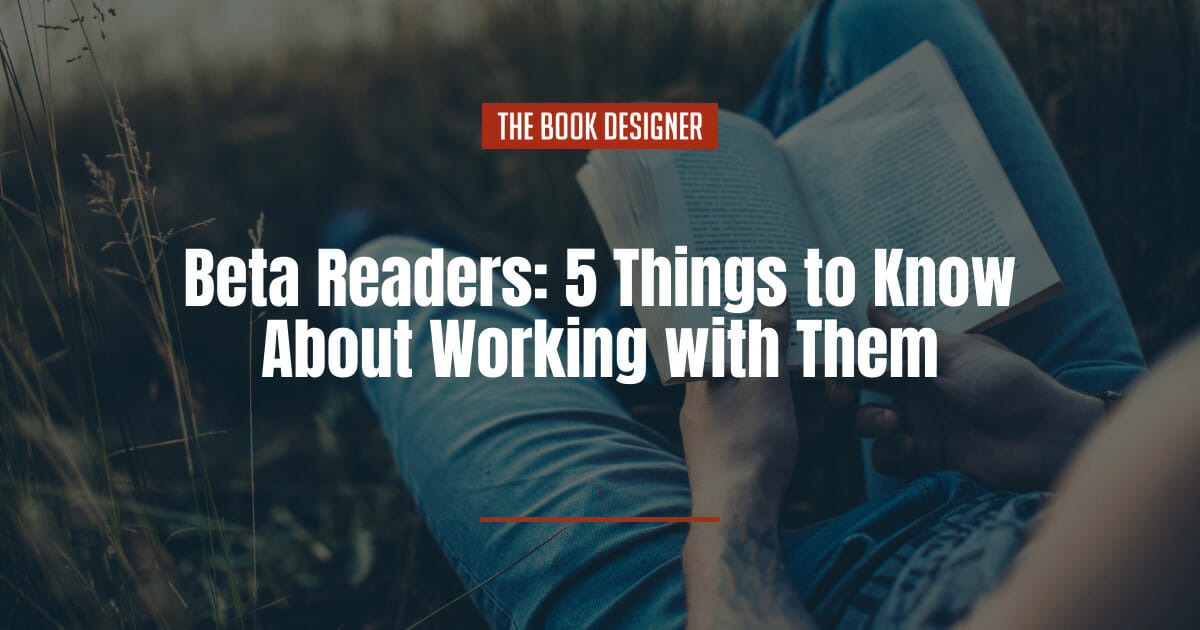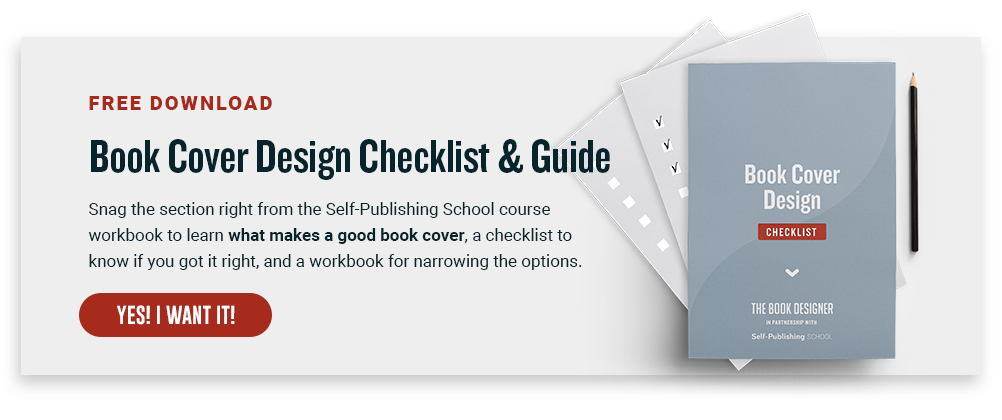If you’re a self-publishing author, you’ve likely either read or been told that you need to hire an editor. But a professional edit costs money, and while self-publishing gurus will recommend that it’s money well spent, not every author has the wherewithal for such an investment.
Strange words coming from two editors, right?
If a professional edit isn’t currently in your budget, what do you do? Answer: find a beta reader! While beta readers are not editors—they likely won’t have the training, years of study, practice, or the inclination to snuggle up with The Chicago Manual of Style, just for fun—we do think that they can be helpful additions to your publishing team.
Here’s what you need to know about working with beta readers:
Profile of a Beta Reader
The point of acquiring beta readers is to garner information that will help you write a better book. So ideally, at least one of your beta readers should be the kind of person who’d be most likely to buy your book. Why? Their response to your book will help you gauge which parts of the book will work for your audience, and which parts may not.
We also recommend that you find a beta reader who knows more about writing craft than you do. (As editors, you knew we’d say that, right?) Think about it. One of the best ways to get better at anything is to get feedback from someone who’s more skilled and knowledgeable than you are. And if you can find a beta reader who has read lots of books in your genre and has a clear understanding of how your genre works, you’ve struck gold.
Where to Find Beta Readers
One way to find beta readers is to work your social media platforms. If you’ve been spending time to develop a positive online presence and a reputation for being helpful, an unforced opportunity to ask for help may present itself.
If you’re still building your author platform, consider joining a site like Scribofile, where you can offer feedback on other people’s writing to amass “karma points,” which you can then spend on acquiring feedback for your work. Wattpad is another option for finding beta readers. You can upload your book and write a compelling blurb that inspires people to read and respond to your book.
Local writing or critique groups may be an option for face-to-face feedback. Go to meetup.com to see if there are “crit” groups in your area.
5 Tips for Working With Beta Readers
Now that you’ve found your beta readers, consider the rules of engagement that will help you to create a healthy working relationship. Authors don’t usually pay beta readers, so any interaction needs to be positive and affirming. Presumably, this won’t be your last book, and treating your beta readers right will leave them open to helping you out next time, too.
1. Don’t Give Beta Readers a Draft
Your beta reader is still a reader — a reader who might tell other readers about your book. It’s important to treat your beta readers right, and that begins with what you ask them to read. Don’t give them your first draft. In fact, be sure that what you give them is the very best writing you can produce on your own. Write your draft and set it aside for at least a week. Go back to it and rewrite it if you need to. Then set it aside for another week — again. Revise, revise, revise, until it isn’t remotely possible for you to do any better.
2. Your Manuscript, Their Way
Before you send your manuscript to your beta readers, ask them what format they’d like it in. Beta readers might want to print your manuscript or read it on a Kindle. If they prefer the latter option, send them instructions for how to get your manuscript on an e-reader. Do whatever you can to remove any obstacles that will prevent your beta reader from carving out time to read your book.
3. Give Beta Readers Guidance
Let your beta reader know what kind of feedback you’d like from them. Develop a checklist with questions you’d like answers to. Do you want readers to comment on the strength of a character, or the organization of a concept? If you create a specific list of questions around content, beta readers won’t spend their time punctuating sentences. Adapt your revision checklist to meet the needs of each book your write.
4. Don’t Take Feedback Personally
Remember, it takes a great deal of time to read and respond to a book. And your beta readers will have opinions that might sting a little. Be gracious for any feedback a beta reader gives you, even if you don’t agree with it. Ask yourself, “Will addressing this comment make for a better book?” If so, take their advice and apply it to your next revision. If not, whatever you do, don’t defend yourself. Your beta reader already knows your position (you’ve done as you’ve seen fit, as evidenced by your manuscript) but they don’t agree. Thank them for their comments and move on.
5. Return the Favor
Remember, you’re not paying your beta readers to read your book. They’re offering feedback because they want to help or they’re interested in your book’s premise or topic. If your beta reader asks you to be a beta reader in future, seriously consider returning the favour. And when it comes time to publish your book, give them a mention in your acknowledgements. Everyone likes to see their name in “print.”
Beta readers can play an important part in helping you to create a better book — particularly at the revision stage of writing. After you’ve revised your book, based on their feedback, and once again made your book the best it can be, you’re ready for an editor (you knew we’d say that, right?).



